CLINTON — Call it cow power: breaking wind and new ground for renewable energy.
Summit Utilities Inc., the parent company of Summit Natural Gas of Maine Inc., on Thursday announced a new renewable natural gas program aimed at supporting the local economy and fighting climate change by converting cow manure from dairy farms in Clinton to biogas for cooking and heating.
Summit is proposing to construct an anaerobic digestion facility in Clinton, which bills itself as “Maine’s dairy capital,” because its five dairy farms make up 17 percent of the state’s dairy production.
The proposed digester will receive dairy manure from multiple farms, including the Flood Brothers family farm in Clinton.
“As a dairy farmer, Mainer, and mom, I know how important it is to find new and sustainable ways to protect our land for future generations, care for our animals and produce fresh, quality milk for our neighbors,” Jenni Tilton-Flood, farm family member of Flood Brothers Farm, said in a statement. “Having the opportunity to collaborate with Summit to create renewable natural gas from the resources on our farm makes it possible for us to enhance our sustainability efforts. We know our cows are amazing and we’re so excited about this partnership that unlocks the potential of our farms, our farmers, and our cows to play a role in generating a clean, renewable energy source.”
Once in the digester, the manure will be heated and decomposed, creating biogas. The gas then will be cleaned to remove impurities and injected into Summit’s system. Renewable natural gas is nearly identical to traditional natural gas and can be used for heating, cooking and other processes. The renewable attributes from the digester will be sold to third parties to help them meet their emissions reduction goals.

Jenni Tilton-Flood, of the Flood Brothers dairy farm in Clinton, describes on Thursday a new collaboration with the Summit Natural Gas of Maine to produce renewable natural gas from cow manure. The farm’s 1,800 milking cows provide an ample supply of manure. Morning Sentinel photo by David Leaming
Summit anticipates the digester will supply about 125,000 MMBtu of gas a year, or about 45% of the company’s annual Maine residential gas demand.
The gas company expects the digester will be commissioned and producing gas by the first quarter of 2021, pending approval and permitting from the proper regulatory bodies.
Summit is partnering with Flood Brothers Farm, Caverly Farms, Misty Meadows Farm, Wright Place Farm, Taylor Dairy Farm, Veazland Farm, Simpson View Farm and Gold-Top Farm to obtain organic waste for its facility.
Over at the busy Flood Brothers farm on River Road in Clinton on Thursday, where tractors and farm equipment whizzed in and around 13 different barns, Tilton-Flood said it is the biggest dairy operation in Maine.
“Of the 225 or so commercial dairy farms in the state of Maine — there are dairy farms in 15 of 16 counties — this is the largest dairy farm,” Tilton-Flood said. “We have 3,400 animals we’re taking care of. We milk 1,800 of those animals every day, producing 17,000 gallons of fresh Maine high-quality milk for our neighbors.”
That’s a lot of manure and a lot of power potential.
She said the pending agreement with Summit Natural Gas will allow them to continue to use the cow manure for fertilizer, as they always have, while producing the renewable energy to power the economy in new ways.
“Right now we reuse our manure and recycle it to fertilize and feed our soil, and so we can feed our cows, and we find great uses for that; but there’s even more uses to unlock,” she said. “Even though Summit is going to be taking the manure, we’re going to be getting the most valuable part of the manure back on our farm. We’re actually enhancing it. This is really a good benefit for our farm. This will be felt by us financially in a very, very positive manner.”

Jessika Hall milks cows Thursday on a circular 100-stall milking parlor at the Flood Brothers dairy farm in Clinton. The cows are expected to become even more productive when their waste is used to create biogas in a partnership with Summit Natural Gas of Maine. Morning Sentinel photo by David Leaming
Tilton-Flood said Summit will take “the energy” from the manure, giving the farm back the nutrient-rich, liquid effluent for the farm fields and dry matter for compost and bedding.
“Now that Summit is thinking outside the box and being able to actually utilize (the manure) as informed natural gas, as renewable energy, it is something a little bit more advanced or different and requires different technology, and now that that technology has come to Maine through Summit, we’re able to develop these partnerships,” she said.
Tilton-Flood said the collection process will involve simply scooping up the manure with heavy equipment from holding pits and storage space on the farm and transporting it to a Summit facility for processing.
Lizzy Reinholt at Summit Utilities said the price of natural gas is not expected to change with the new process in place and there will be no “cow pie” smell to the product.
“We don’t expect this project will have any impact on the cost of gas,” Reinholt said Thursday. “Like traditional natural gas, the renewable gas created from this facility will be odorless. We put odorants in our pipes — it’s required— because methane has no smell. That way, if there is a leak, customers can smell it.”
Tilton-Flood agreed, noting that the aroma around the farm might even improve.

Darci Owens bottle-feeds a newborn calf Thursday at the Flood Brothers dairy farm in Clinton. Cows there are expected to become even more productive when their waste is used to create biogas in a partnership with Summit Natural Gas of Maine. Morning Sentinel photo by David Leaming
“The products we farmers get back will also probably have less of a ‘dairy air’ than the manure we are usually handling,” she said. “I believe that in some applications, digesters are utilized specifically to help reduce odors.”
Kurt Adams, Summit’s president and CEO, said the project is the next step in the company’s ongoing effort to build a sustainable energy future by investing in innovative technologies that mitigate climate change.
“Since coming to Maine in 2013, we’ve been able to reduce carbon emissions by an estimated 69,000 metric tons a year through conversions to natural gas and energy efficiency upgrades,” Adams said in a statement. “That’s like taking 15,000 cars off the road forever. Our renewable program is the next step in our ongoing efforts to reduce greenhouse gas. It’s simply the right thing to do for our customers, our business and our children.”
Summit plans to invest about $20 million in the program.
“We are excited to be investing significant resources to create green, renewable jobs in Maine,” Adams said.
Summit began constructing its natural gas system in Maine in 2013. Since that time, the company has invested more than $340 million to make natural gas available to customers throughout the Kennebec Valley, Cumberland, Falmouth and Yarmouth. The company also has provided $3 million in energy-efficiency rebates to convert residential, commercial and large industrial customers from oil to natural gas using high-efficiency equipment.
In Maine, more than 60 percent of homes heat with oil, which makes it possible for Summit to enhance its sustainability efforts, Adams said.
“We know our cows are amazing and we’re so excited about this partnership that unlocks the potential of our farms, our farmers, and our cows to play a role in generating a clean, renewable energy source,” he said.
Tilton-Flood, a mother of two, said her family and farm — producing milk commercially since 1927 — also are excited about the planned project. They produce 1,900 acres of corn to feed the cows and about 2,500 to 3,000 acres of grass to feed them as well. There are 43 people on the farm payroll, including 11 family members.
“Anytime you talk about options and opportunities for dairy farmers, I get very excited,” she said. “We are challenged every day by things we cannot control. We have no options when it comes to weather; we have no opportunity when it comes to milk prices. When it comes to having the ability to monetize and capitalize on the richness that these cows have and their abilities, that’s great. So I am very excited.
“We’re hoping to be able to make this work for us to be a financial benefit for us. This is just another way for us to be environmental stewards. This is our job. It’s what we’ve done. Sustainability is all about taking yesterday, doing stuff today to make sure we get to tomorrow. That’s sustainability. We’re able to do that now, and we’re going to be able to do it even more and even better with this partnership with Summit.”
Send questions/comments to the editors.


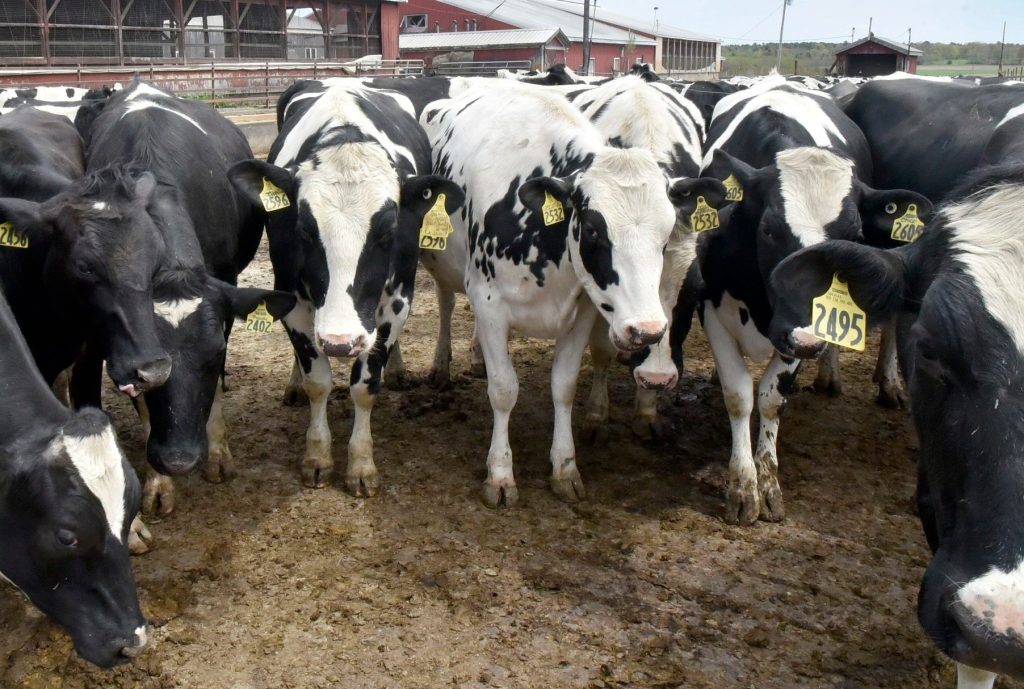
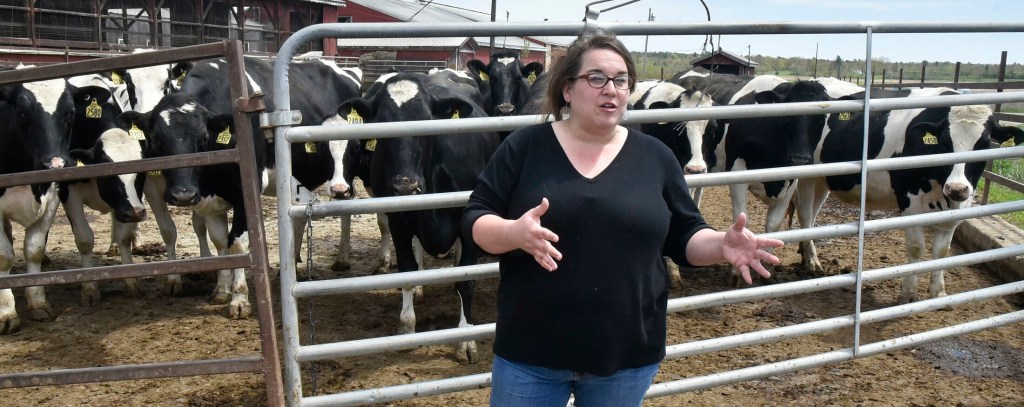
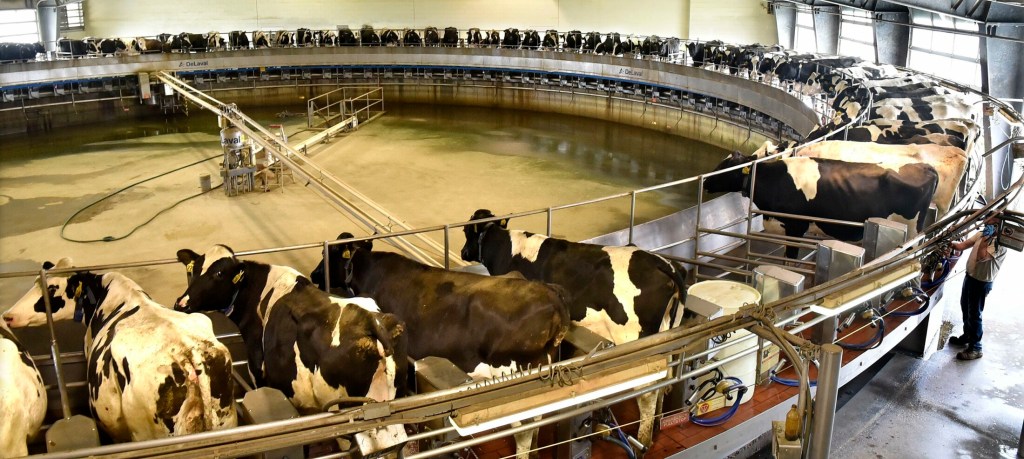
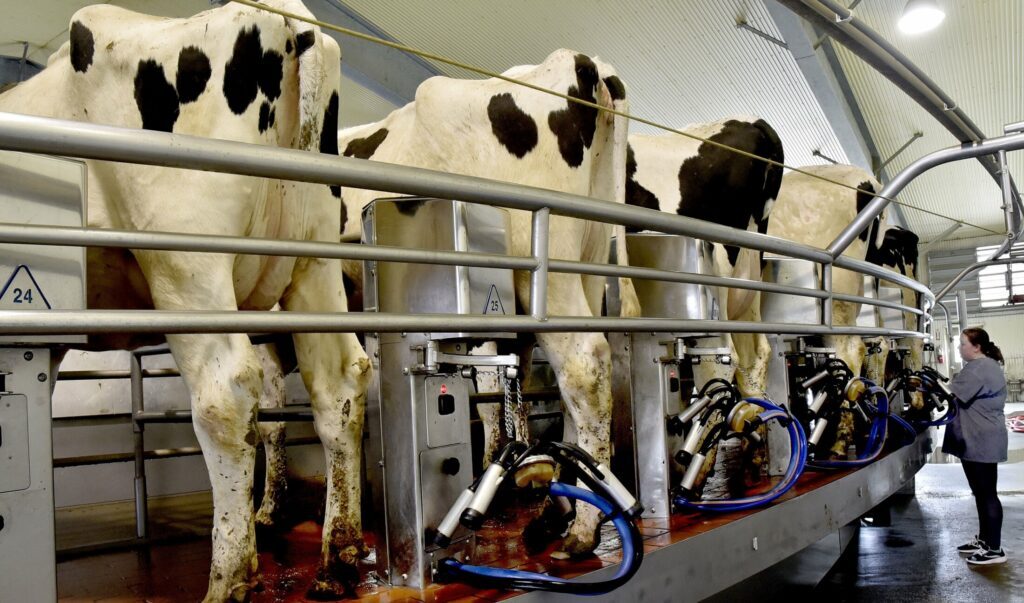
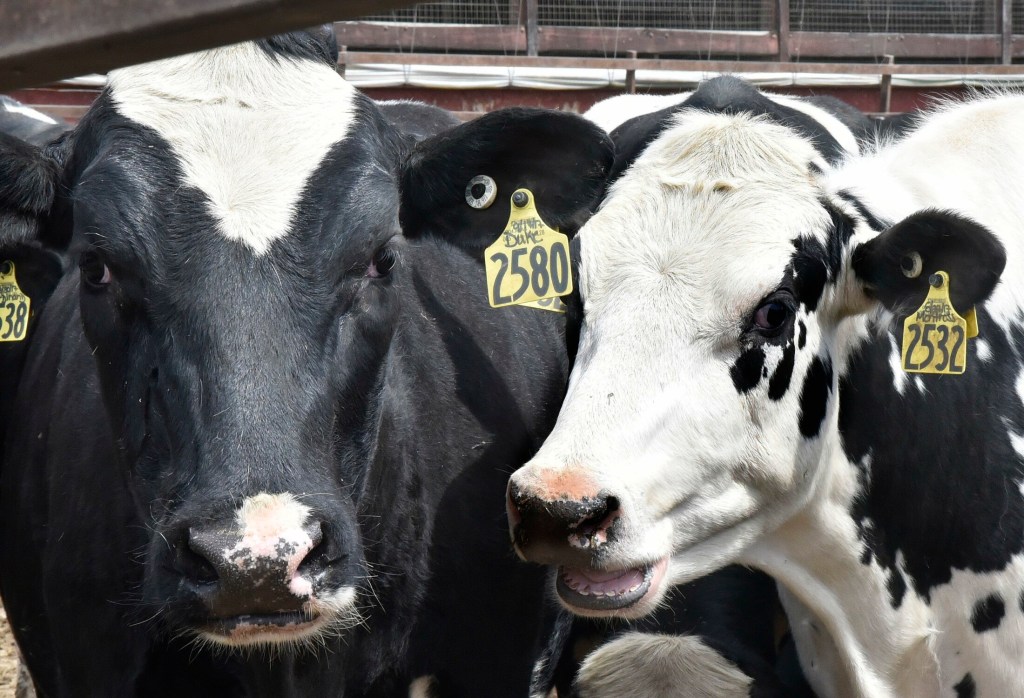
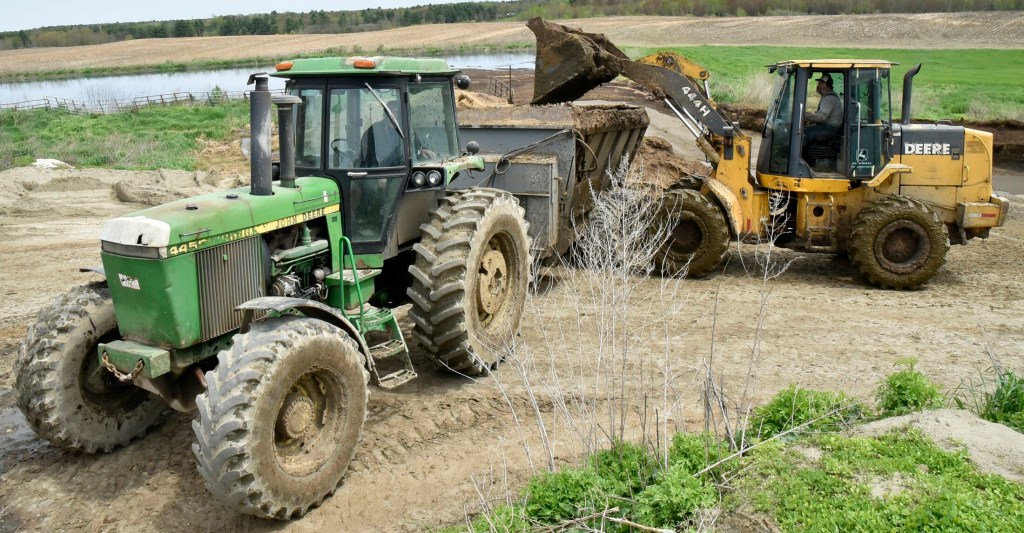
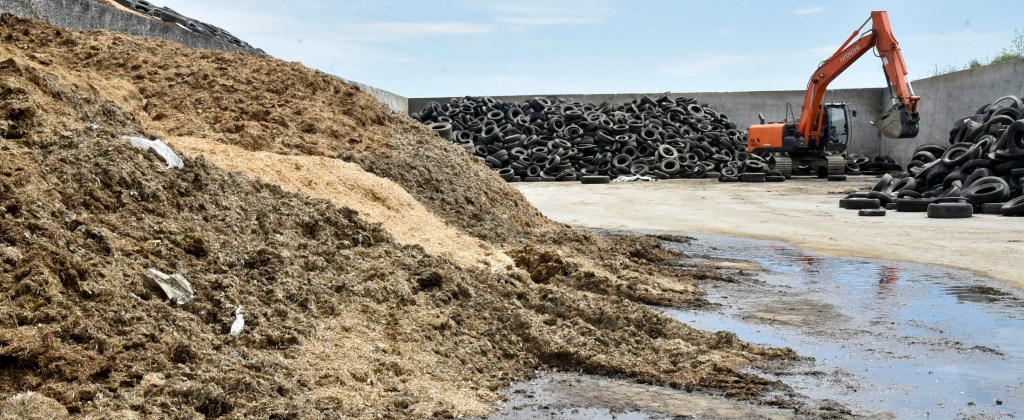
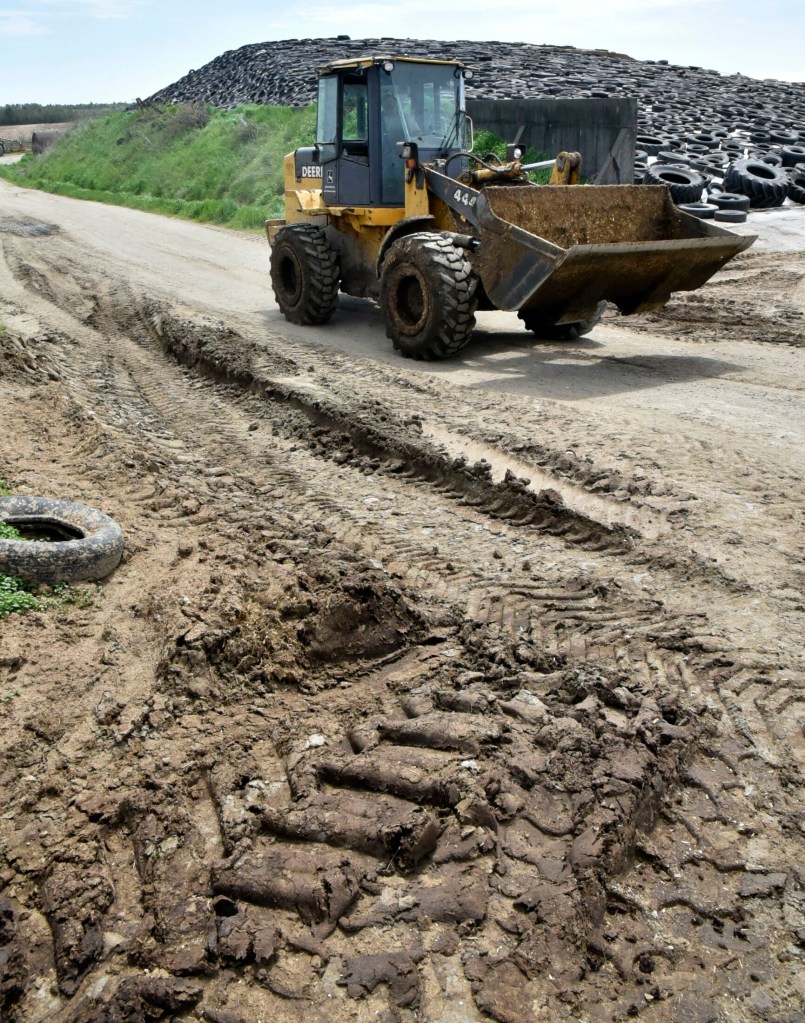
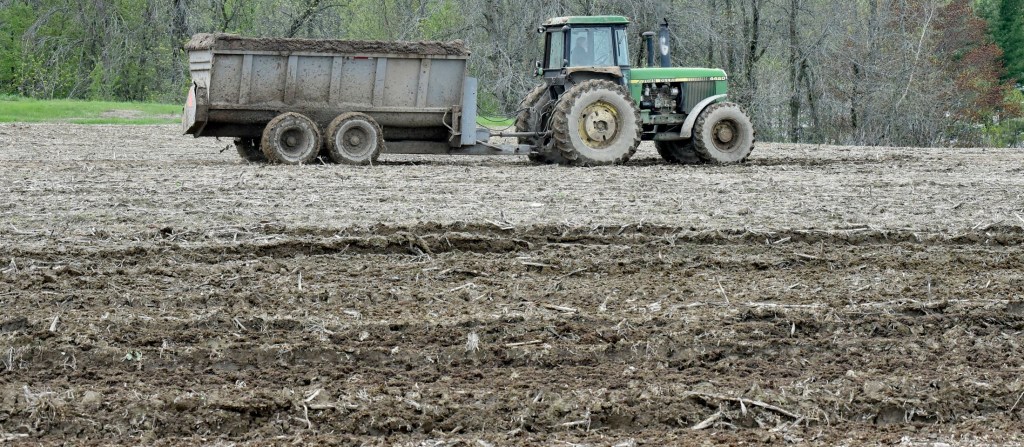
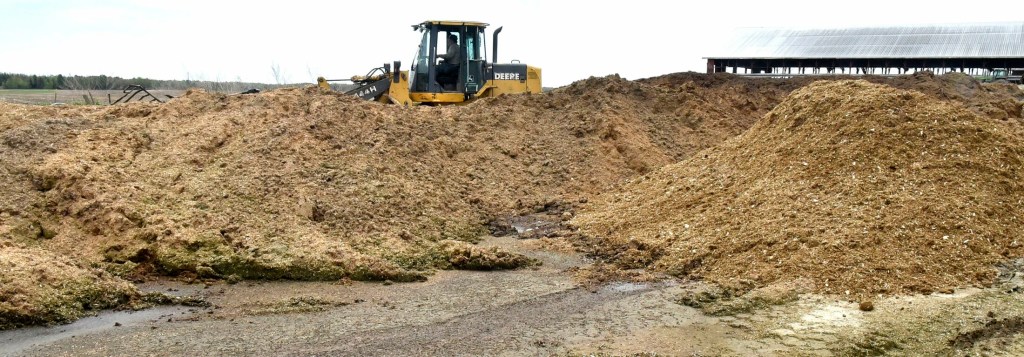
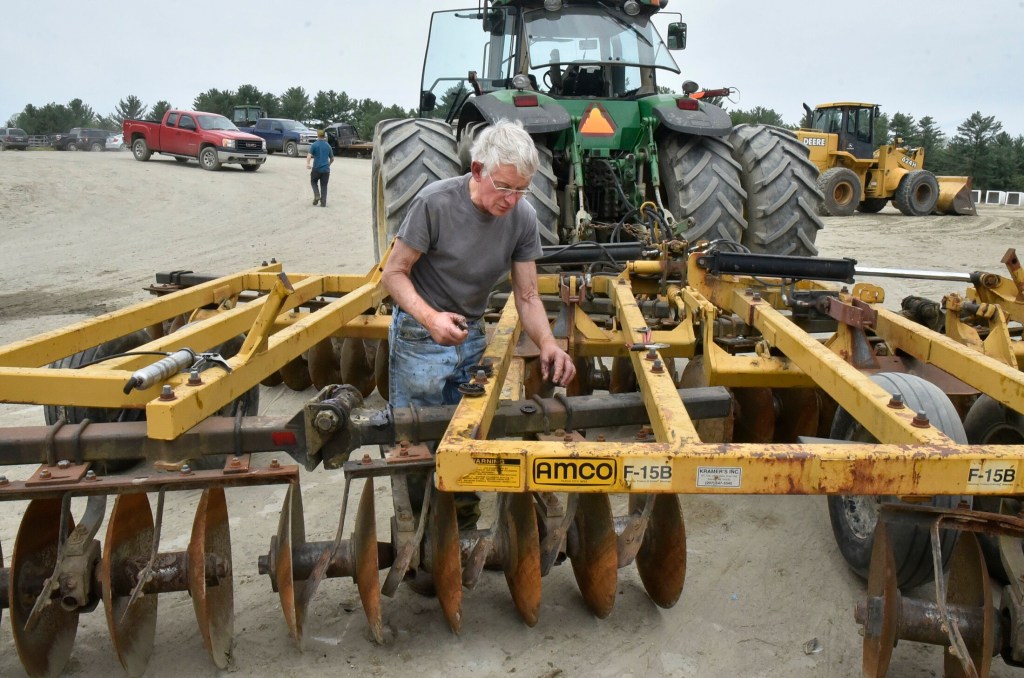
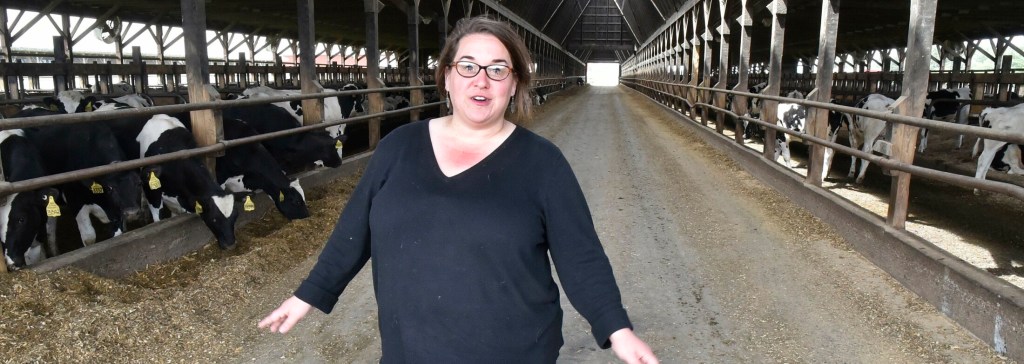
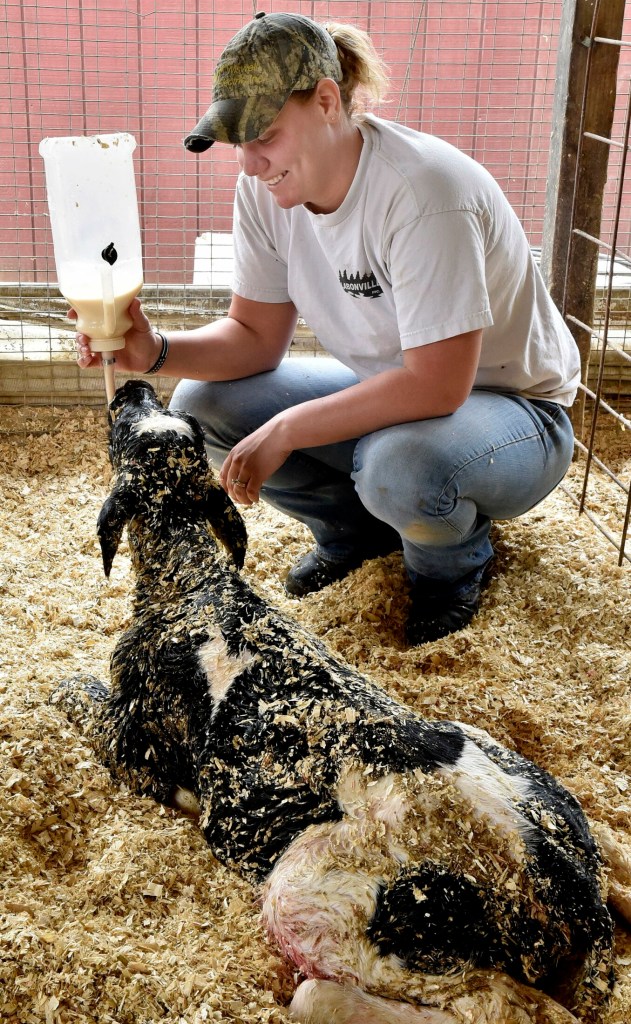
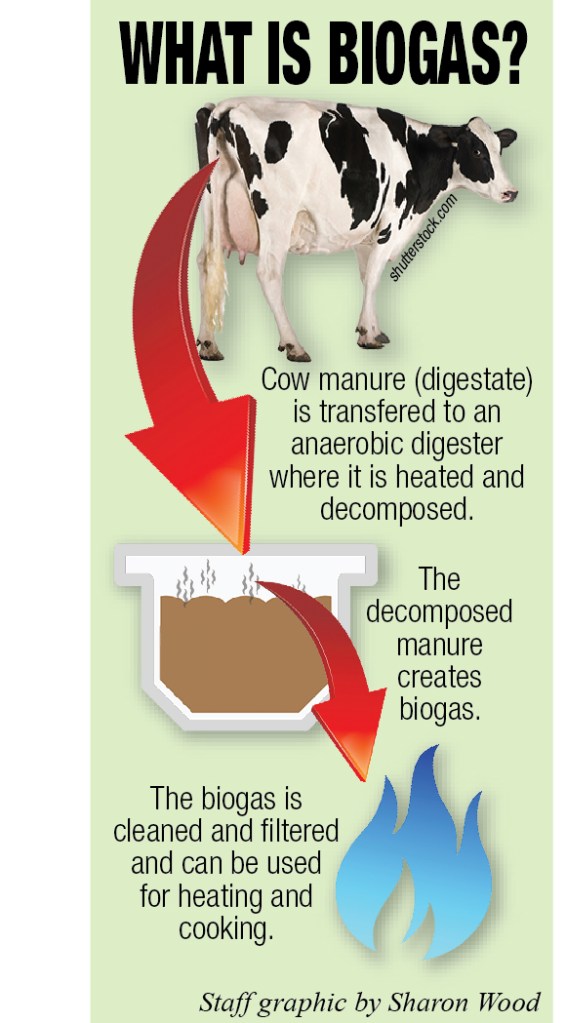

Comments are no longer available on this story